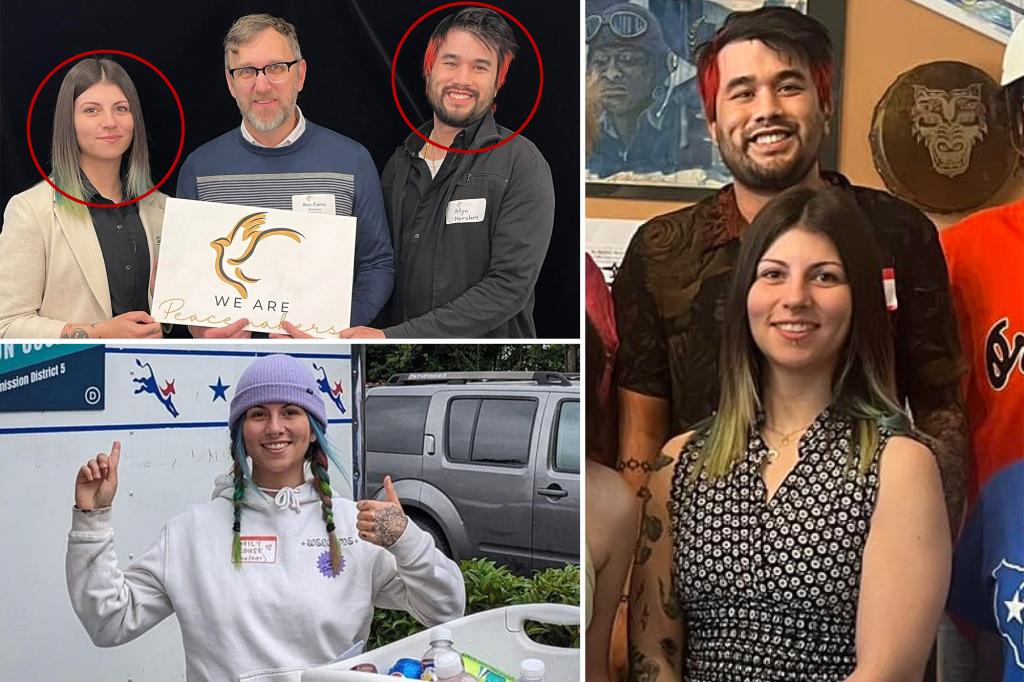This case revolves around allegations of sexual harassment, retaliation, and a complex power dynamic between Thurston County Commissioner Emily Clouse and her former aide, Allyn Hershey. Hershey alleges that Clouse, a Democrat elected in 2023, pressured him into a romantic relationship, exploited him for personal errands and loans, and ultimately fired him in retaliation for reporting her conduct. He is seeking $750,000 in damages. The situation is further complicated by counter-accusations of sexual assault made by Clouse against Hershey, adding another layer of contention to an already fraught situation.
The timeline of events begins with Clouse hiring Hershey in April 2024. According to Hershey, the relationship turned romantic sometime between April and June, though an independent investigation commissioned by the county described the relationship as “consensual.” This characterization is disputed by Hershey, who claims he felt pressured into the relationship due to the inherent power imbalance. He alleges Clouse leveraged her position as his supervisor to extract personal favors, including driving her around, performing household tasks, and lending her money. The report acknowledges that Hershey performed these tasks, but does not explicitly address the alleged coercion.
The relationship reportedly deteriorated after June 1, but Hershey claims Clouse continued to pursue him, inviting him on dates and to stay at her house. By late July, tensions escalated, with Hershey expressing his intention to quit. Clouse, according to the report, expressed her fear of him leaving. On July 29, Hershey contacted the county’s Human Resources department to report his concerns about potential retaliation. During this call, he detailed the alleged harassment, including Clouse borrowing money and sending suggestive photos. Crucially, Clouse, when contacted by HR, did not disclose the prior relationship. Shortly after Hershey’s report, he was terminated.
Following his termination, Hershey alleges that County Manager Leonard Hernandez offered him nine months of paid leave in exchange for his silence. This agreement was short-lived, as the matter was brought before the Board of County Commissioners the following day, resulting in the commissioning of an external investigation. The subsequent report concluded that Clouse likely acted against the county’s best interests by concealing the relationship but did not find sufficient evidence of sexual harassment or retaliation. Hershey strongly disputes these findings, criticizing the report for alleged omissions and inaccuracies.
Hershey’s lawsuit, filed in November 2024, details his claims and seeks substantial damages. Clouse’s attorney has vehemently denied all allegations, characterizing the lawsuit as a “witch hunt” designed to silence Clouse and discredit her. This defense strategy paints Hershey as the aggressor, attempting to exploit a consensual relationship for financial gain. The conflicting narratives presented by both parties create a significant challenge in determining the truth of the matter.
Adding further complexity to the case are Clouse’s accusations of sexual assault against Hershey. She alleges he assaulted her on at least three occasions. Hershey denies these allegations, claiming they were fabricated in retaliation for his report to HR. The timing of Clouse’s accusations, coming immediately after Hershey’s report of harassment, raises questions about their motivation. While the independent report does not explicitly address the veracity of these claims, Hershey’s legal team asserts that Clouse retracted the accusations during the investigation. This conflicting information further muddies the waters and underscores the difficulty in establishing a clear picture of events.
The discrepancies between Hershey’s account, the independent report, and Clouse’s defense create a complex legal battle. Hershey maintains that the report is inaccurate and incomplete, failing to capture the full extent of Clouse’s alleged misconduct. He has chosen to speak publicly, motivated by a desire to expose what he considers to be a miscarriage of justice and to hold Clouse accountable for her actions. He believes the public has a right to know the truth and to assess Clouse’s fitness for office based on the entirety of her conduct, not just her political positions.
Clouse, on the other hand, contends that the allegations are baseless and politically motivated. Her legal team argues that the focus should remain on her policy work and that the lawsuit is an attempt to smear her reputation and derail her political career. This defense strategy seeks to portray Hershey as opportunistic and unreliable, suggesting his motivations are purely financial.
The case highlights the difficulties in navigating workplace relationships, particularly those involving power imbalances. It raises important questions about consent, coercion, and the responsibility of those in positions of authority. The conflicting accounts and accusations make it challenging to discern the truth, and the outcome of the lawsuit will likely hinge on the credibility of the witnesses and the evidence presented. Ultimately, the case serves as a stark reminder of the complexities of workplace dynamics and the importance of thorough and impartial investigations in resolving such disputes.

